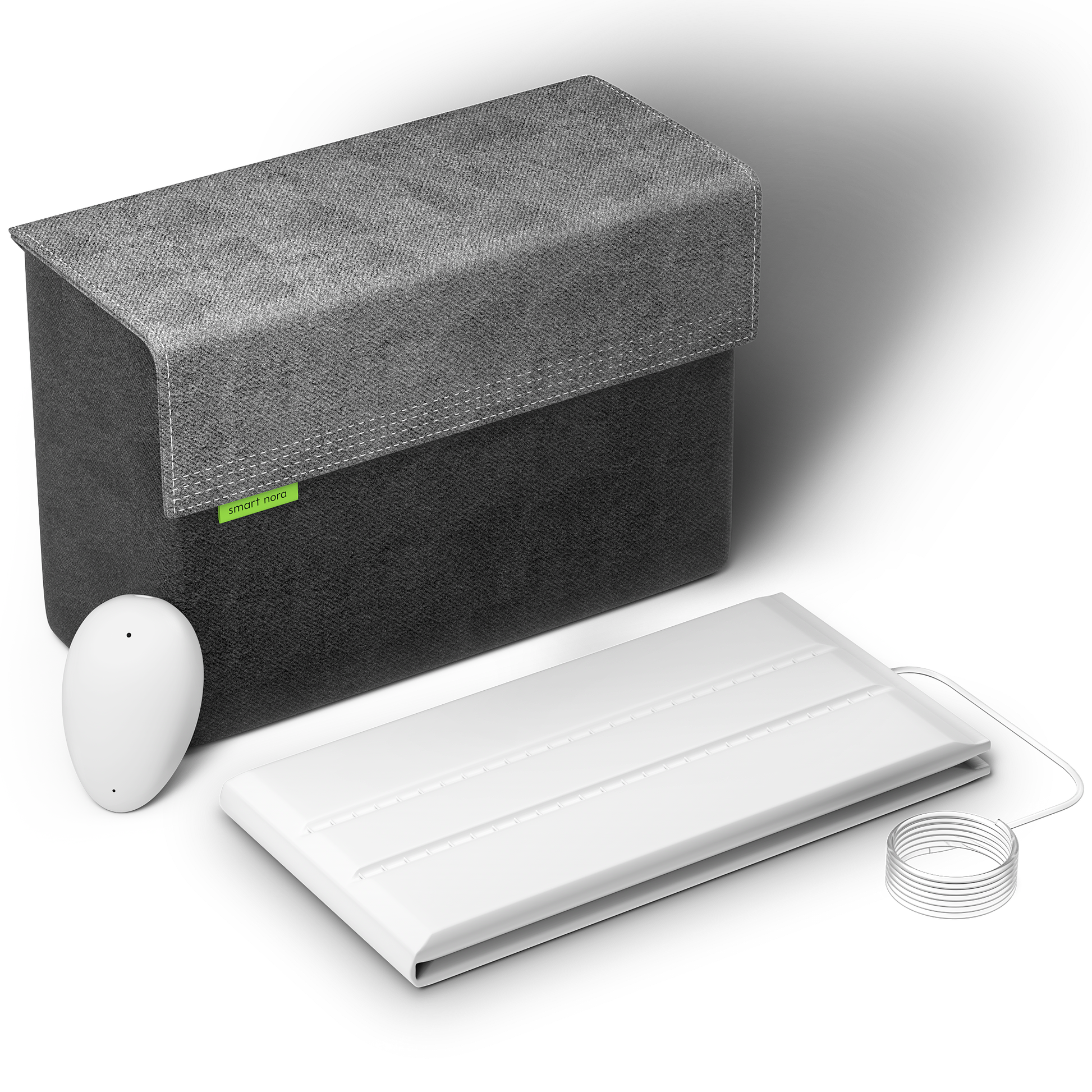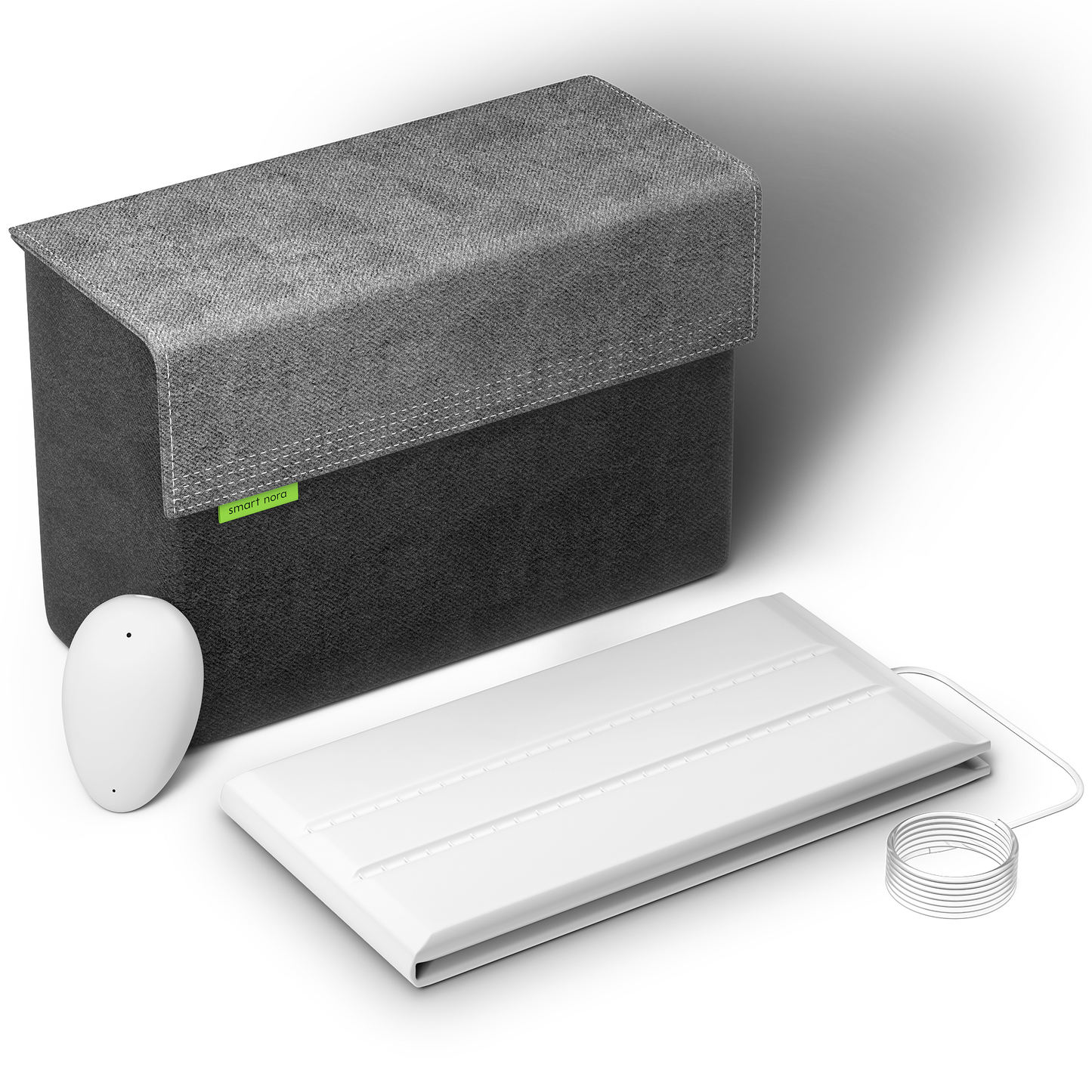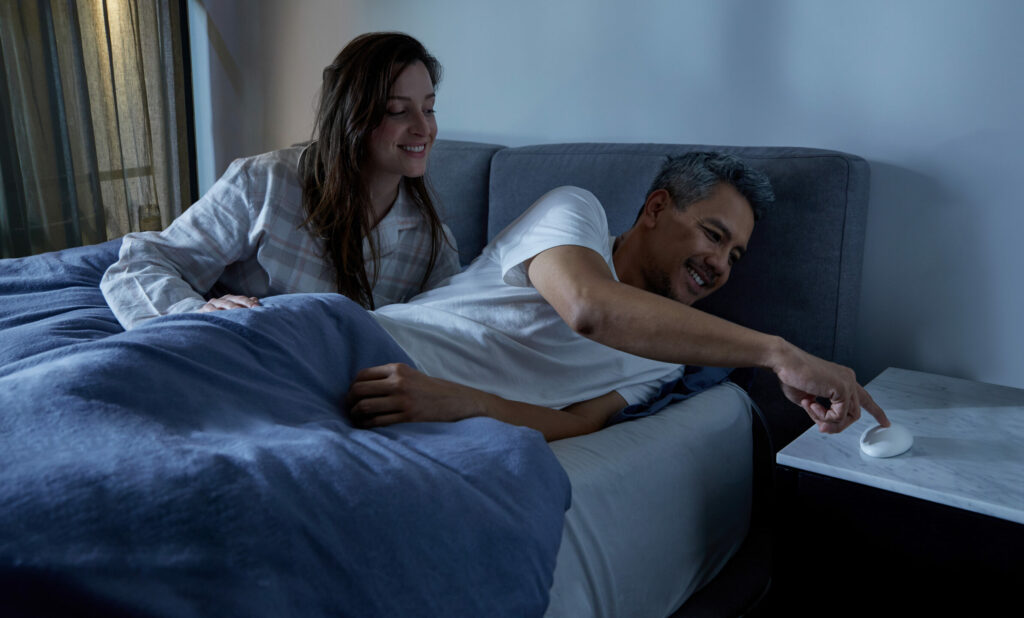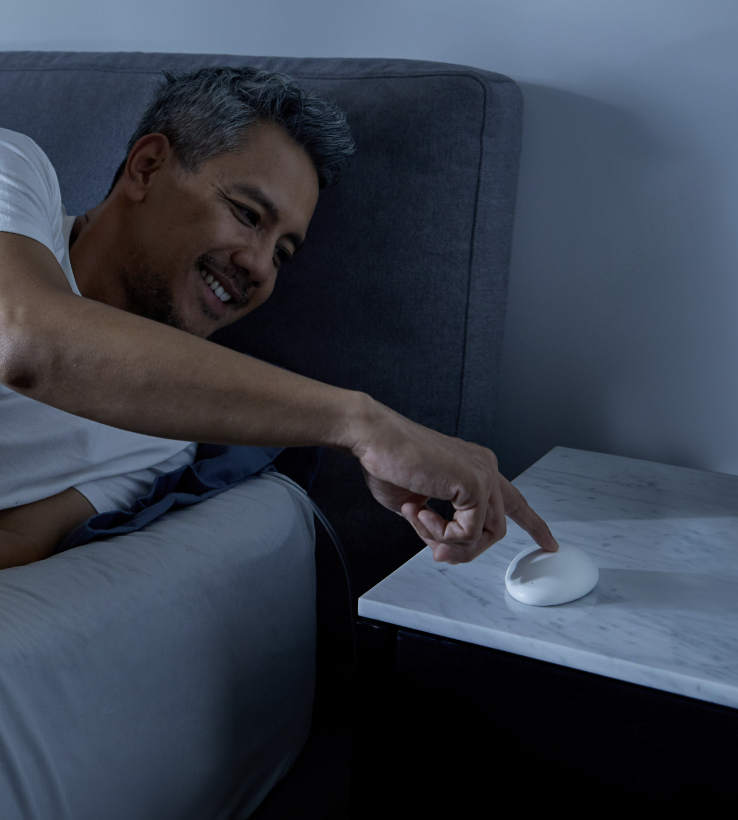On a chilly day, a hot beverage can keep you warm, and tea, in particular, can provide you relief from several conditions.
It’s natural to have trouble falling asleep, especially when under a lot of stress. According to experts, more than 70 million Americans have trouble sleeping. When you don’t get the recommended amount of sleep every night, you are more likely to develop health issues like diabetes, weight gain, asthma, depression, cardiovascular disease, and stroke.
This is where teas replete with calming properties come into play. Our ancestors have been consuming herbal teas as natural sleep remedies for hundreds of years, which may help you get some sleep even to this day. Bedtime teas combined with particular herbs help you treat insomnia, so they’re a fantastic choice if you’d not use prescription sleeping pills.
While soothing teas can undoubtedly speed up falling asleep, drinking too much tea before bedtime can keep you from sleeping for entirely different reasons. It’s usually advisable to drink your tea at least an hour before you go to bed if you don’t want to get out of bed to attend to your needs. Tea should be prepared and consumed 60 to 90 minutes before bed.
Finding the finest sleep tea can be an uphill task with many tastes, blends, and tea varieties available in the market. Wondering which is the best tea for sleep? Here are the six best teas that will help you relax and lead to a good night’s sleep.
6 Best Teas to Sip at Bedtime to Help You Fall Asleep
Herbal teas have been used for centuries to promote sleep and are even research-backed now. They are as effective as sleeping pills. Although more research is required, it is evident that these teas contain sedative or soothing properties that contribute to their popularity among people who face trouble falling asleep.
Chamomile Tea
Traditionally, people have been using chamomile products, like tea and essential oil aromatherapy, to cure insomnia due to its calming effects. The herb chamomile is well known for promoting sleep and helping prevent anxiety. According to researchers, its flavonoid concentration causes it to influence sleep. A flavonoid called apigenin connects to benzodiazepine receptors in the brain and exerts sedative effects.
Advantages:
- Relieves menstrual pain.
- Manages diabetes and blood sugar levels.
- Reduces inflammation.
- Aids with relaxation and sleep.
- Treats the common cold.
Preparation Method: Steep chamomile tea for four to five minutes in 100 °F of water and enjoy it simply or with a dash of honey for sweetness.
Lavender Tea
The lavender flower’s buds are steeped in water to make lavender tea. It is a brilliant purple beverage with a distinctive flavor and aroma. In addition to being frequently consumed as a calming bedtime tea, studies suggest that lavender may also help with relaxation and improve sleep quality. Numerous studies have been conducted to verify the calming effects of this tea, and certain lavender pills have even been licensed for use in Europe to treat anxiety and sleep issues. Other research shows that lavender-scented individuals exhibited longer and deeper sleep.
Advantages:
- Improves mood disorders.
- Helps boost sleep.
- Soothes menstrual cramping.
- Improves skin health.
- Reduces the stress hormone.
Preparation Method: Steep your lavender tea for roughly two minutes after pouring it into boiling water.
Magnolia Tea
Magnolia tea is considered a well-liked sedative around the world. Magnolia tea’s calming properties come from a unique substance called honokiol, found in magnolia bark. And according to studies, it affects our brain’s receptors to treat insomnia or encourage better sleep. The taste of magnolia petals is exceptionally smooth and soothing, especially after heartier meals or late at night.
Advantages:
- Promotes weight loss.
- Possesses anti-cancer properties.
- Relieves stress and anxiety.
- Reduces inflammation and muscle tension.
- Possess anti-allergic properties.
Preparation Method:
- Place a few flower petals in a teapot.
- Add boiling water.
- Let it steep for ten minutes.
The flavor is mild but quite enjoyable.
Passionflower Tea
Traditionally, the calming plant passionflower was first used to treat anxiety, sleeplessness, convulsions, and hysteria in the Americas and later in Europe. It is still taken today to alleviate insomnia and anxiety combined with the traditional herbal sedative. Several carefully monitored studies have shown improved sleep in lab animals, but many clinical trials were not conducted on people.
Advantages:
- Relaxes and calms your mind.
- Enhances mood.
- Lowers anxiety.
- Prevents depression.
- Works as a pain reliever.
- Lowers blood pressure.
- Curbs substance addiction.
Preparation Method: Steep dried passionflower in boiling water for six to eight minutes. For a stronger tea and greater advantages, steep for 10-15 minutes.
Lemon Balm Tea
Lemon balm was a popular herb in the Middle Ages for treating insomnia and anxiety symptoms that inhibit sound sleep. It has a wonderfully crisp flavor and helps you relax. You can plant lemon balm, even in your yard, to produce fresh leaves bursting with health advantages. Studies have indicated that lemon balm can have mild to moderate benefits on insomnia and sleep disturbances when used with other sedatives like passionflower and chamomile.
Advantages:
- Supports brain health.
- Alleviates digestive problems.
- Reduces stress and anxiety.
- Treats infections.
- Prevents heart disease.
Preparation Method: Lemon balm tea should be steeped for three minutes in 175° F water. If you prefer a stronger tea, add extra lemon balm leaves to a tea infuser and soak them in hot water for two minutes or longer.
Turmeric Tea
The world has been blown away by this element. The naturally occurring chemical ingredient curcumin, which gives turmeric its color, is back as the star player on your sleeping team. Additionally, curcumin improves serotonin (a sleep hormone) and boosts dopamine (memory and attention hormone) production. Curcumin’s anti-inflammatory and antioxidant properties help prevent and treat a wide range of health problems that may affect your ability to fall asleep or the quality of your sleep. You can enhance the taste of the tea by adding a dash of pepper, cinnamon, and nutmeg.
Advantages:
- Increases immunity.
- Lowers the risk of cardiovascular problems.
- Reduces the risk of and treats cancer.
- Aids in irritable bowel syndrome management.
- Reduces cholesterol.
Preparation Method: In a pot, add one cup of water, milk, or a milk substitute. Lemon, honey, and turmeric should all be added. Enjoy after 10 minutes of gentle warming.
Tea before bed can help you unwind and reduce stress and anxiety, helping you sleep better. Although, before establishing a regular herbal tea time at night, discuss any potential prescription interactions or allergies with your doctor.
From Sip to Sleep
Experts advise against drinking teas that contain caffeine, such as black tea, matcha, or even green tea. If you must drink tea before bed, choose herbal teas since they are inherently caffeine-free.
You could also try adding ginger, sage, or nettle leaf tea to your concoction if you want to soothe your snores.
But if that’s not working, try using science-backed sleeping solutions like Smart Nora. It is not complicated machinery, as you probably imagine at the moment. Rather it works as an extension of your pillow – all you have to do is place it below your pillow, and Nora will reposition your pillow the moment it senses snores.
While bedtime tea may help minor sleep concerns, it should not be considered an elixir for severe insomnia, snoring, or other sleep issues. Try drinking a cup of tea before bed as part of your usual routine. Be sure to follow other healthy sleeping habits like maintaining a regular sleep schedule, avoiding using technology just before bed, and consuming as little caffeine as possible.














